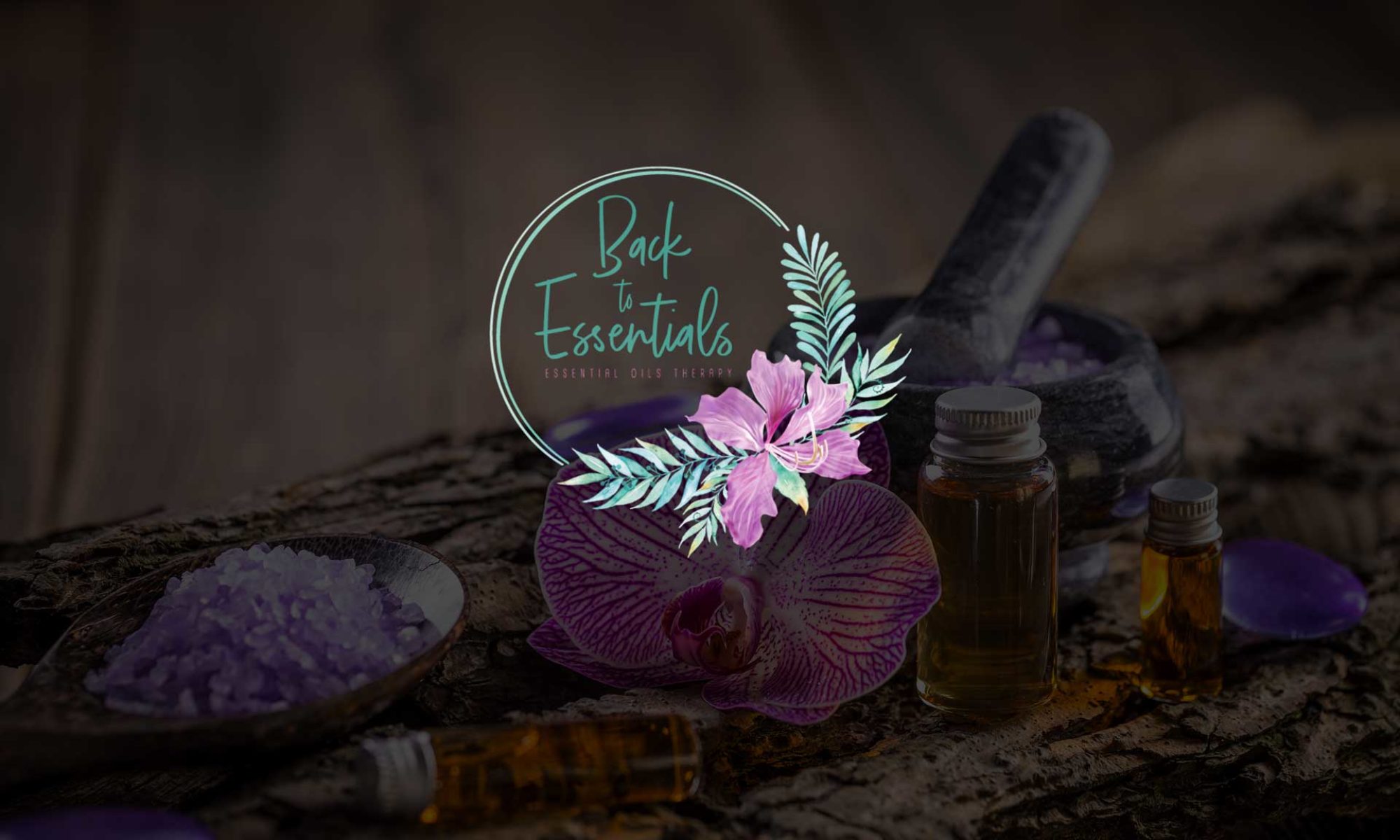How to choose an essential oil?

It’s been 3 years now that I have learned to know better about essential oils: how to use them, precautions, restrictions, and properties of several of them. I tested a few brands available in Europe and Hong Kong. I have some favorites, I also have some that I wouldn’t recommend, and through those random uses and tests, I think I have a pretty accurate idea of what makes a reliable essential oil.
Essential oils are alternative medicine, but they need to be used with care and some knowledge because they are very concentrated and therefore powerful.
First of all, there are 2 ways to extract an essential oil: distillation for aromatic plants or cold pressing for citrus fruits. To give you an idea of the quantities needed, here are 2:
- Clove (eugenia caryophyllus) : for 1 liter of essential oil, 50 kgs of clove are needed;
- Rose (rosa damascena) for 1 liter of essential oil, 2 to 4 tons are needed.
This explains the variable price of essential oils. Rose or Frankincense is usually expensive, but now you know why!
Is it better to buy an organic essential oil? Yes, but it’s not always possible, especially when the production requires an important quantity of plants.
Secondly, you should find the following informations on the bottle:
- the common name
- the latin name: this information is important to double-check the exact oil you need. “Lavender” is the common name, but it’s important to check the Latin name as the different types of lavender have different effects.
- the main molecule: you might not always find this information on the bottle. As an aromatherapist, it is important for me to know to which chemical family the oil belongs to, in order to prevent any secondary effect on your health.
- the origin of the plant: this is a very important information as it will give you an idea of the level of efficiency of the oil you are about to buy. From soil, light, air and water, a plant can produce aromatic molecules necessary to protect itself against the heat/ the cold/ the humidity, etc. If you change that environment, the plant will produce different aromatic molecules. It is therefore crucial to buy an essential oil extracted from a plant grown in its original biotope. For example, the oil melaleuca must come from Australia.
- the part used for the production: leaf, root, flower, fruit, wood, bark? Different organs of the plant will have effect on different needs.
- And last but not least, try to find information about the brand: how does it work? what is the brand philosophy? where does it take its plants from? What do they do to make their production sustainable?
There are 2 criteria you should pay attention to: origin and distillation/ cold pressing process. Obviously, a plant having grown and being picked in its natural environment will feature fuller properties than the same plant cultivated in the US or France for the company to avoid transport fees and extra costs. Also, when mass producing oils, companies may be tempted to shorten the time of distillation, but this is a crucial process for the quality of the essential oil. It affects the quality, and you might need to use more drops of a cheap oil. At the end of the day, you will have to buy more bottles of a cheap brand than a more expensive one that respects the process and has patience to distill a plant or flower from its natural environment.
If you are curious to know which brand I use the most, it’s currently Dōterra.
I discovered the brand Dōterra through my sister. I have been using their products for a while now and I have to say I am so happy with them that I decided to become a Wellness Advocate. The quality of their essential oils is quite high: I had to divide my dosage in 2 when using Dōterra oils in my homemade skin care.
In short, here are 4 reasons I like this brand:
- plants are sourced all over the world;
- Dōterra has a program called “Co Impact sourcing” to work directly with the producers and distillers to avoid a third party; together with the foundation Healing Hands, they help to re-plant and improve the daily lives of their workers. (click here to know more about this!);
- every batch is rigorously tested by a third party ;
- testing guarantees the absence of toxins, contaminants, microorganisms and assures the presence of desire therapeutic properties.
My Dōterra Wellness Advocate license number: 6633868
Every client is responsible of his/her own education about the use of essential oils. Consult your doctor if needed.
The advices of your Wellness advocate don’t replace the advice, diagnosis or treatment recommended by a health professional.


